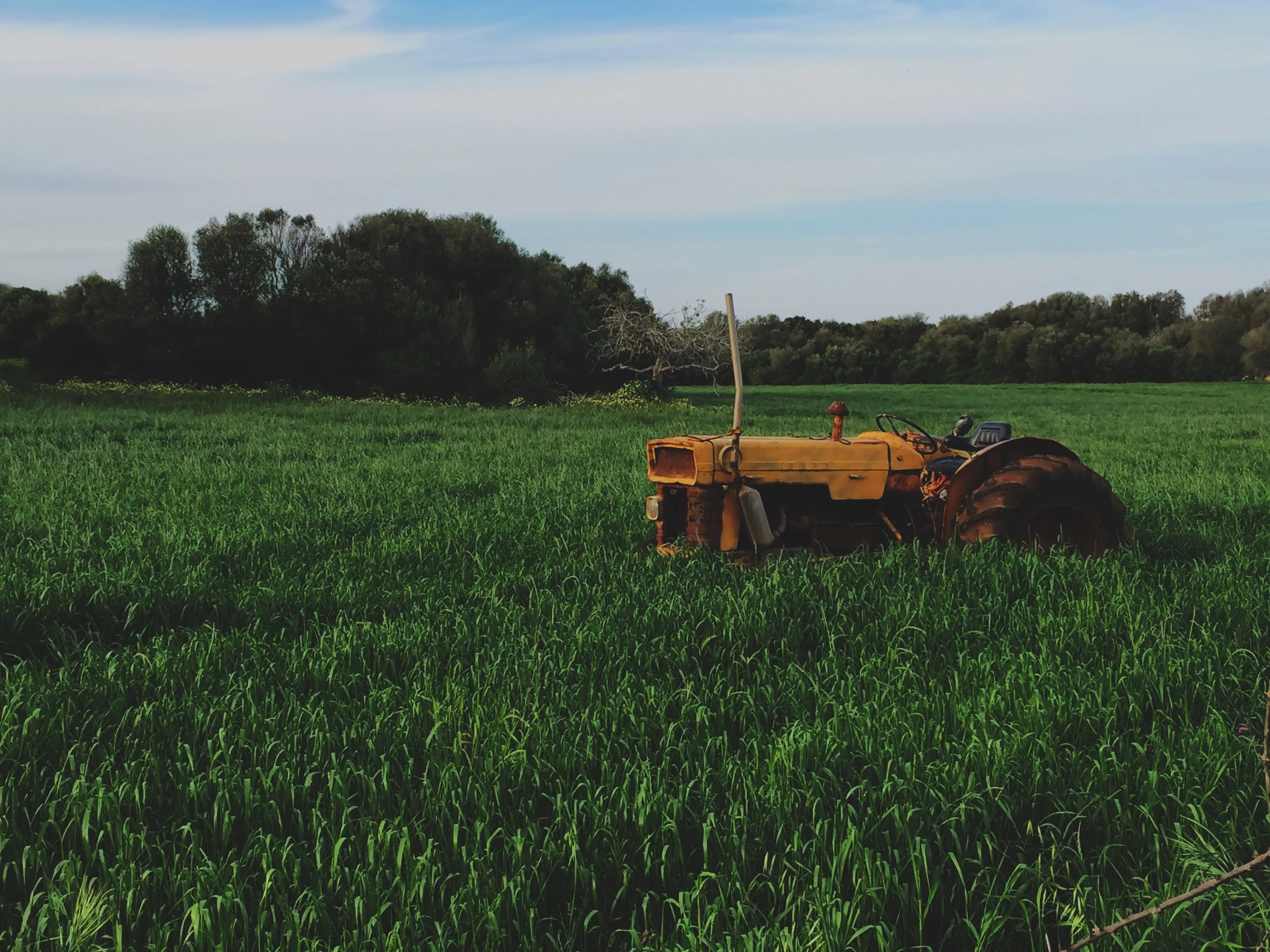How No-Till Farming Contributes to Soil Health
Dive into 'How No-Till Farming Contributes to Soil Health' in this educational blog post by Vriksha Farms. Discover the significant environmental benefits of the no-till farming method, including enhanced soil structure, increased biodiversity, and reduced erosion. Learn about the necessary equipment and innovative tools that facilitate successful no-till practices. This post is essential for farmers and environmentalists seeking to understand and implement no-till strategies for sustainable and efficient agriculture."

Introduction
In the quest for sustainable agriculture, no-till farming has emerged as a key player. At Vriksha Farms, this approach is integral to their commitment to responsible agroforestry and sustainable living, offering a tangible ROI for those investing in agriculture land near Bangalore. This blog post explores how no-till farming, a cornerstone of modern sustainable agriculture, contributes significantly to soil health, supporting Vriksha Farms' mission of sustainable and productive farming.
Enhancing Soil Structure
Preservation of Soil Layers
No-till farming maintains the natural stratification of the soil, which is crucial for its health. By avoiding disruption, the soil retains its integrity, promoting better root growth and nutrient absorption.
- Minimizing Soil Compaction
Traditional plowing can lead to soil compaction, which impedes root growth and water infiltration. No-till methods help maintain a looser soil structure, allowing for better air and water movement.
Improving Soil Fertility
- Organic Matter Retention
No-till farming aids in the accumulation of organic matter on the soil surface. This decomposing matter enriches the soil with nutrients and enhances its fertility over time.
- Beneficial Microorganisms
Undisturbed soil fosters a thriving ecosystem of microorganisms. These organisms play a critical role in nutrient cycling and soil health, further boosting soil fertility.
Water Management
- Enhanced Water Retention
No-till fields retain more water due to improved soil structure and organic matter content. This reduces the need for irrigation and makes the soil more resilient during dry spells.
- Effective Water Infiltration
No-till farming allows water to infiltrate the soil more effectively, reducing runoff and erosion, and ensuring that crops have adequate moisture.
Carbon Sequestration
- Reducing Greenhouse Gas Emissions
No-till farming is an effective way to sequester carbon in the soil. By not disturbing the soil, carbon remains locked in the ground, helping to mitigate the effects of climate change.
Weed Management
- Natural Weed Suppression
The layer of organic matter left on the soil surface in no-till farming can act as a natural barrier to weed growth, reducing the need for chemical herbicides.
Vriksha Farms' Commitment
- Implementing No-Till in Farmland Development
Vriksha Farms integrates no-till practices in its farm development projects around Bangalore, showcasing the practicality and benefits of this method for sustainable farming.
- Educational Initiatives
Vriksha Farms is dedicated to educating farmers and investors about the benefits of no-till farming, ensuring that its practices align with their commitment to sustainable living and responsible agroforestry.
Conclusion
No-till farming is much more than an agricultural practice; it's a commitment to the long-term health of the soil and the environment. At Vriksha Farms, embracing no-till farming is part of a broader vision to promote sustainable living through responsible farming practices. By investing in no-till methods, farmers and land investors can contribute to building a more sustainable and productive agricultural future.
